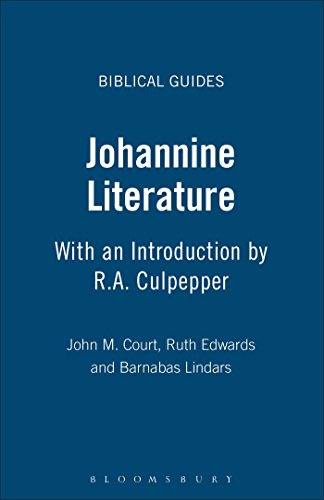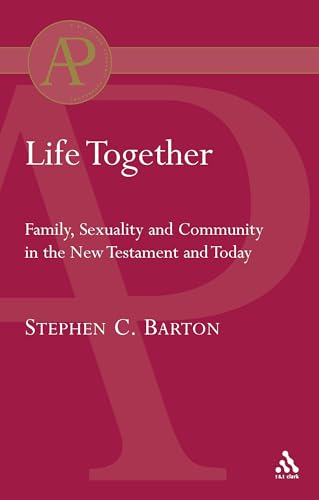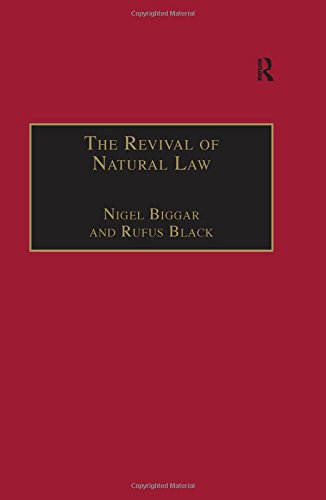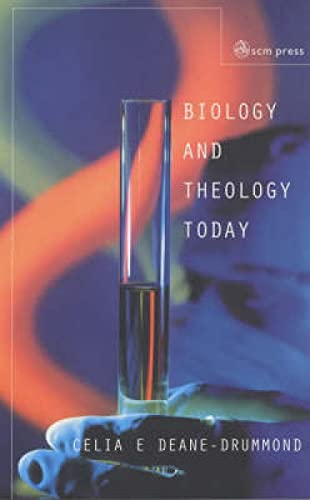The last few years have seen the publication of several new commentaries on Proverbs, including Murphy, Van Leeuwen, Clifford, Fox (chs. 1–9), and now Perdue. And more are in the pipeline. The renewal of interest in OT wisdom literature is gratifying, but with so many new commentaries appearing, they need to be really good to secure a place on the shelf.
Perdue has already established himself as an authority on OT wisdom. The strengths of his earlier work, such as his emphasis on wisdom, imagination and metaphor, are here brought to bear on Proverbs. In his introduction Perdue expounds wisdom as knowledge, imagination, discipline, piety, order, and moral instruction. He emphasises that wisdom moves beyond observation and brief sayings to the imaginative construction of a comprehensive worldview. In line with the Interpretation series, Perdue not only provides useful summaries of the current state of critical research, but also includes a substantial discussion on Proverbs for the church, and each section of commentary has a discussion of its theology.
There is much here that is very helpful. Scholarship in general has become more aware of Proverbs as a book, and this theological and literary awareness has moved historical critical scholarship along in all sorts of ways. However, one could wish that Perdue was clearer conceptually on how the different ingredients he identifies in wisdom fit together. How does wisdom as empirical knowledge relate to imagination, and how do both of these relate to the fear of the Lord as the beginning of wisdom? Reading Proverbs as a whole, the fear of the Lord appears to be foundational, but in Perdue’s reading it appears as one element among others and sits uneasily with an emphasis on natural knowledge. Perdue often describes the knowledge aspect of wisdom as a sort of empiricism, a view which Fox would rightly contest. Perdue somewhat anachronistically describes wisdom as dynamic and open to change. For example, he asserts that ‘it was inconceivable for the sages to think there were moral absolutes that were unconditionally and eternally true, irrespective of the concrete situations of life’ (7).
Perdue notes the connection between 1–9 and 31:10–31 as an inclusio, but this overarching structure is not exploited to full advantage in his exegesis of ch. 31. Maybe Proverbs is more integrated than he thinks. For Perdue, 1–9 is the most theologically Incisive part of Proverbs, while the sayings of 10–31 for the most part embody simple observations. This fails to take full account of the literary shape of the book as a whole and the vital literary context in which previously oral proverbs have been placed.
This commentary provides useful summaries of critical work on Proverbs and identifies vital topics for its interpretation. However, I suspect that readers of Themelios will find Van Leeuwen in The New Interpreters Bible a more helpful and accessible combination of exegetical and theological insight.
Craig Bartholomew
University of Gloucestershire







